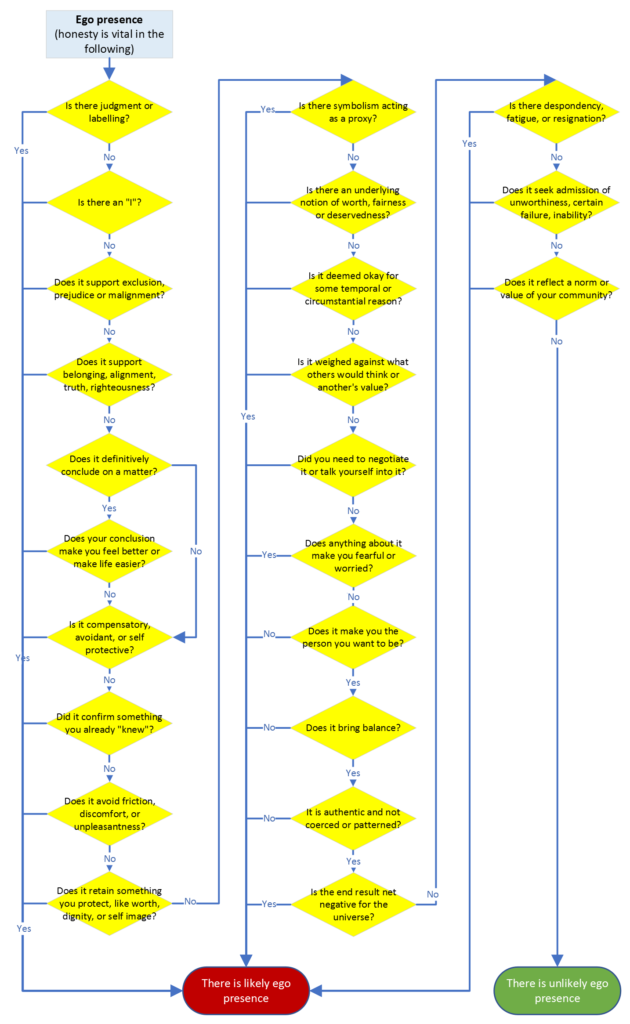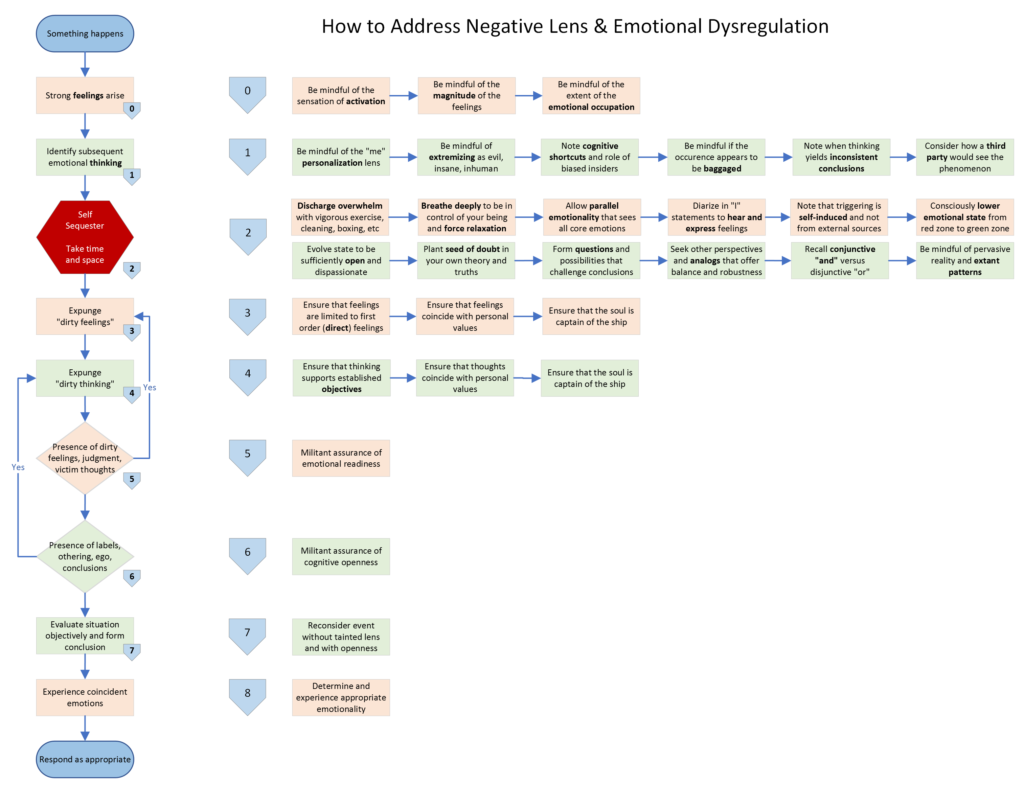There’s a fair amount of buzz around early retirement and how to save 70% of your after-tax income so you can retire in your 40s or whatever. It’s very life-sapping to be beholden to an employer and give up life energy when you don’t want to, so let’s talk about how to become financially independent (FI). This ain’t gonna be like the other articles.
1. You are part of a system that normalizes a lifetime comprised of work readiness (school from ages 4 onward), and then work from ages ~18-67, whereupon much of your mobility and health has decreased dramatically. The money you earn during this time is cumulatively taxed more than 50%, and you pay mountains of interest expenses for your mortgage, credit cards, line of credit, car loans, etc. You work throughout your life and sacrifice experiences of all kinds for the vast majority of your time; you struggle to spend time with family and friends and use stimulants like caffeine to deal with your constant exhaustion. You can judge this however you want, but step 1 of financial freedom, for me, recognizes the perversity of and disgust for this system, and then utter refusal to participate any more than necessary. This is your intellectual and emotional motivation.
2. The reason you work so hard is because you want ‘the finer things.’ A ‘good life’. You want to achieve the signs of success, like status and recognition. You want stuff, and you want that stuff decorated nicely and glistening. Our egos compel us to keep wanting incessantly, only because they want what’s best for us. But all of this stuff, including the reputation and status is worthless and hollow. You must dispel the belief that spending money makes your life better, because FI is only possible when money is not your means of enjoying life, money is an enabler for experiences, not things. When you agree with this, you have spiritual motivation.
3. Next you need education. You need to read Rich Dad, Poor Dad. This brilliant book teaches you what smart people know about earning and using money. It teaches you that you don’t work for money, it works for you. It also teaches you how to invent income, where most invented income is passive and money just appears in your bank account. This requires some creativity and discipline, but the opportunities have never been better.
Then you need to read the 4-Hour Workweek. This teaches you how to leverage international resources to achieve your ideas and reduce your costs without you working for money. Let someone else do it for $4/hour or utilize the sophisticated automated options that exist.
4. Now you’ve got money coming in and you need to have that money earn money, so you learn how to invest and how to minimize taxes. If you can’t, you can hire someone good (make sure they are actually good) or use funds and services catered to the unsophisticated.
5. After this your only job is to not freak out or do something stupid. Don’t acquire a liability, don’t invest in a get-rich-quick scheme, don’t act like a big shot and buy expensive cars or houses. Rich people keep money and spend very little on anything but experiences, education, and health. People without money always attempt to prove how much they have by spending whatever credit are given – they have nothing. Simply don’t be stupid. You don’t need to live like a pauper and live painfully, you just need to create other forms of income. Write a book, make how-to youTube videos, make charcuterie boards or dollhouses, create a side hustle of your choosing.
As an “investor” or “business owner” rather than an employee, you will pay the least taxes, have the most time, enjoy the most choice and mobility, and feel a sense of freedom that feels better than 100 homes, 50 luxury cars, endless jewellery, and whatever else you think comprises ‘the good life.’ Like they say no food tastes better than being thin and healthy…no purchase feels better than being FI.
The best things in life are free; possessions own you. So if you can, traverse the steps above and be free. Then thank me when you’re on FIRE.






